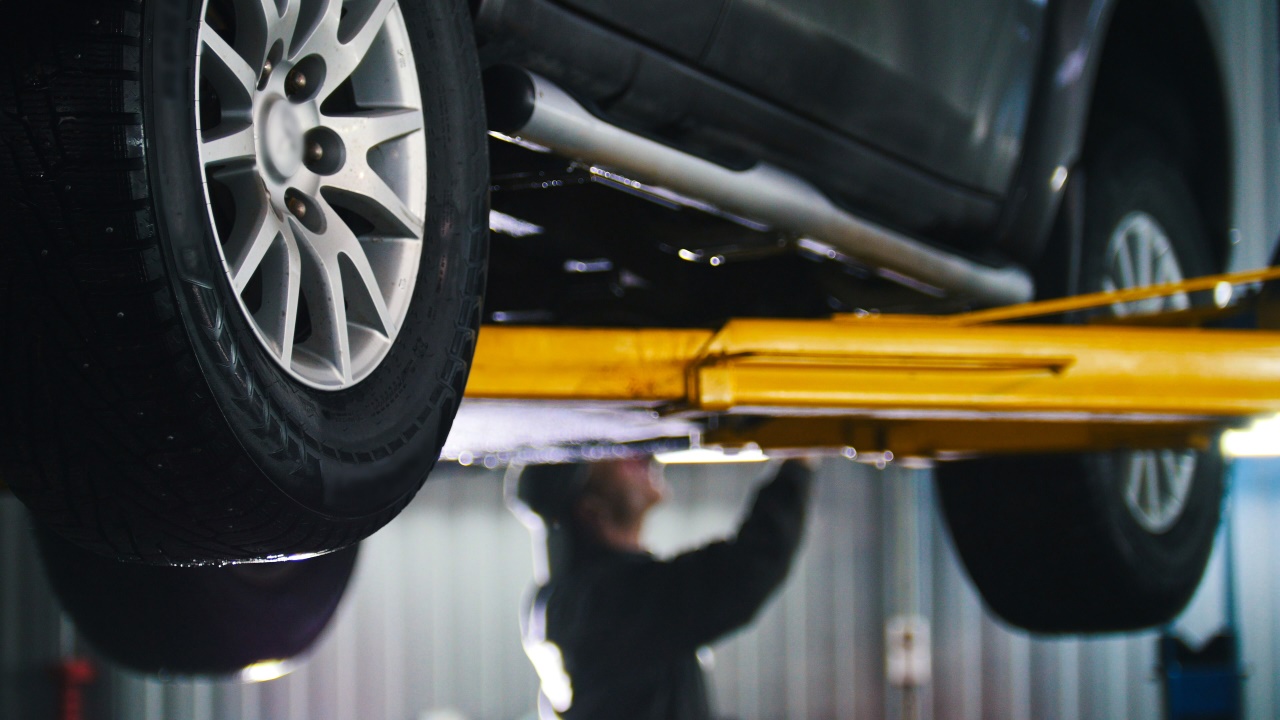Sell My Car Lansing (517) 639-1843
How to Prepare to Sell Your Car
Maybe you’re finally ready for that upgrade. Maybe you want to switch from a sedan to an SUV. Maybe you’re not driving nearly as many miles as you thought you would. Or maybe you just need the cash. Whatever the reason, when you prepare to sell your car, you need to have a plan of action in place. Get ready to take these few key steps to recoup the best price for your vehicle.
Consider Your Options
There are a couple routes you can take: sell to a dealership or a third party or conduct your own private sale. In our experience, this really depends on your end objective, speed and convenience or a higher dollar amount.
With a dealership or used-car superstore, it is a relatively immediate transaction. You can take your car in and get your offer within an hour or so. If you opt to trade in and buy a new vehicle directly, you can put that amount toward your next car. However, keep in mind that the dealership is taking on a risk of reselling. It has to ensure that it will be able to make a profit in its next transaction, after considering the cost to keep the car maintained and stored in the meantime. With this, recognize that you’ll ultimately be getting a lower offer.
In comparison, if you opt for private sale, you will have the opportunity to earn more, but count on spending extra time and effort in the process. You will need to do the legwork to understand the worth of your car, as well as oversee the advertising of it. There is also no guarantee that you’ll get the price you want. You could be waiting for a long while.
The Checklist
Now that you’re squared away on that front with your decision made on how to sell, there are a few key steps you need to account for.
1. Clean the darn thing, inside and out. Remove any trash, vacuum the floors. Make it as presentable as possible. Especially if you’re aiming for a private sale, you’ll want to consider paying to have it professionally detailed to look as pristine as possible.
2. Collect your paperwork. This pertains to finding that vehicle manual, which will hopefully still be sitting in the glovebox, to your service records, which will affirm to prospective buyers that you’ve been properly maintaining it over the years. You will also need your vehicle title, vehicle history report, warranty documents, registration, and insurance information.
3. Inspection. You need to ensure your car is operating at its best, that its tires aren’t about to wear thin or the engine isn’t above to give out. If you haven’t taken your car in recently, this is an added step which will verify the quality of your car to potential buyers. It will also give you a realistic picture of the money you may need to invest in repairs in order to sell it at a good rate – and whether the effort is worth it.
4. Appraisal. Whether you’re selling it on your own or through the dealership, this is highly recommended to understand the market rate of your car. Beyond doing your online research, it helps to have a professional gage its worth. Your car’s condition and mileage may vary, for better or worse, from similar options you’ve seen pricing for online. Ultimately, this will help you set a benchmark.
5. Discontinue your digital and financial footprint with your car. Cancel your satellite radio subscription, and remove your phone from the Bluetooth. If you still owe towards your loan for the car, you’ll have to discuss options with your lender. In this case, it may take some time to sort out before you can officially sell.
6. Going on Your Own? In the end, should you opt to sell yourself, there are a few last steps:
• You’ll need to draft the bill of sale with your vehicle number, model, make, year, etc., as well as a generic odometer discloser statement. This is a reminder to check your state’s requirements, as they do vary.
• You’ll need to take high quality photos and videos for your online ad, that you will need to then create.
• You should research consumer trends, for certain vehicles are in-demand at different times of the year.
• You may even want to make a for sale sign to highlight in a window, as you continue driving it around.
• You will need as-is documentation to affirm that the buyer is fully responsible for the vehicle moving forward. You don’t want to be on the line, if something gives out in the first month or two.
Get Going Already
If you’re ready to make the plunge, get going with your research and check options in your area. While you might be ready to unload the car immediately, we highly recommend ensuring you’re aware of your options and to take your time.
Best of luck!

2025 © Sell My Car Lansing All Rights Reserved. Privacy Policy
